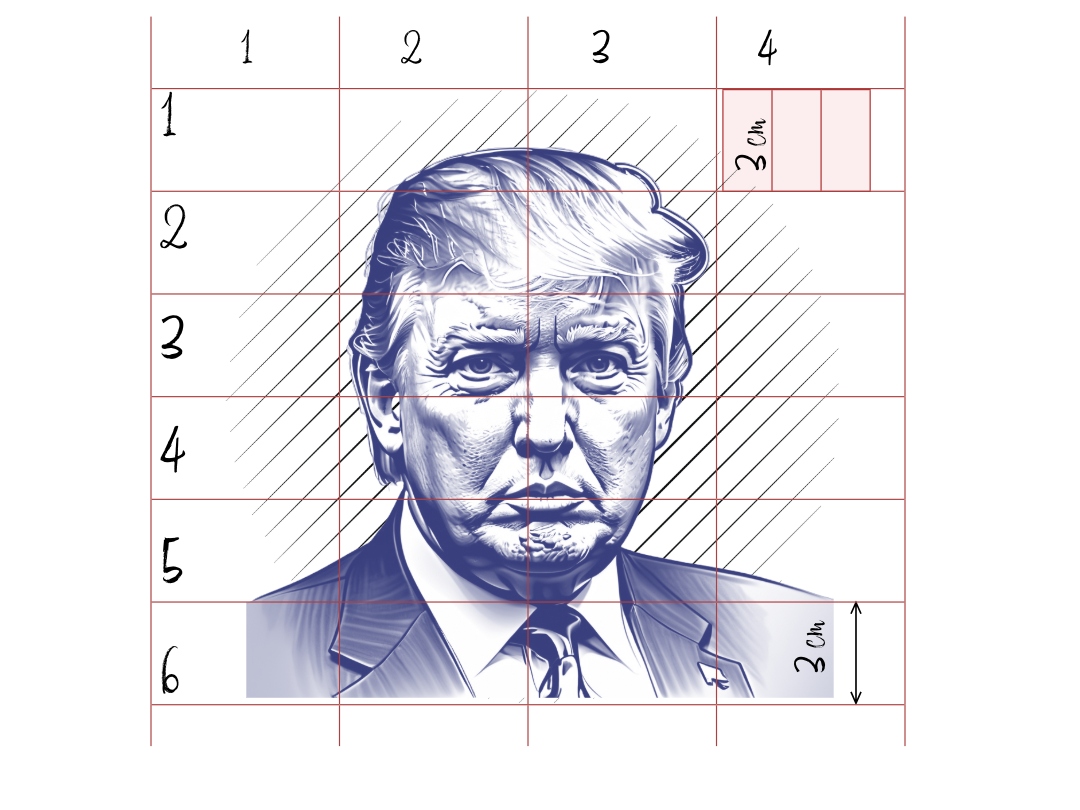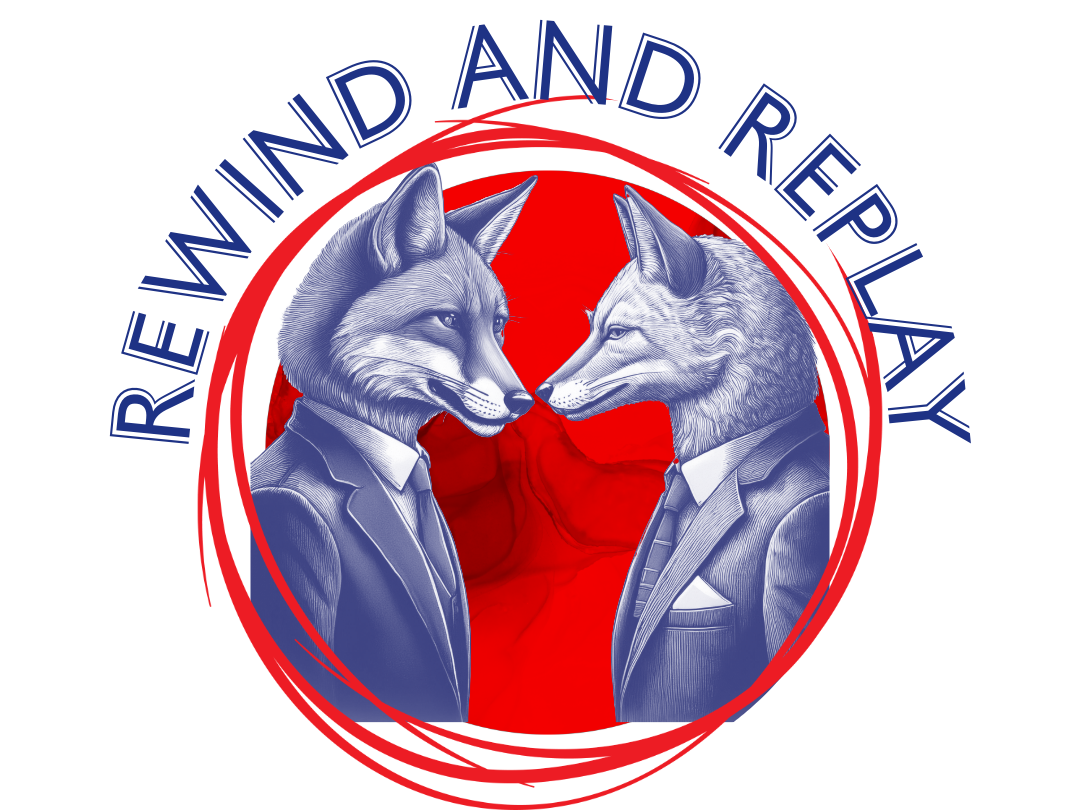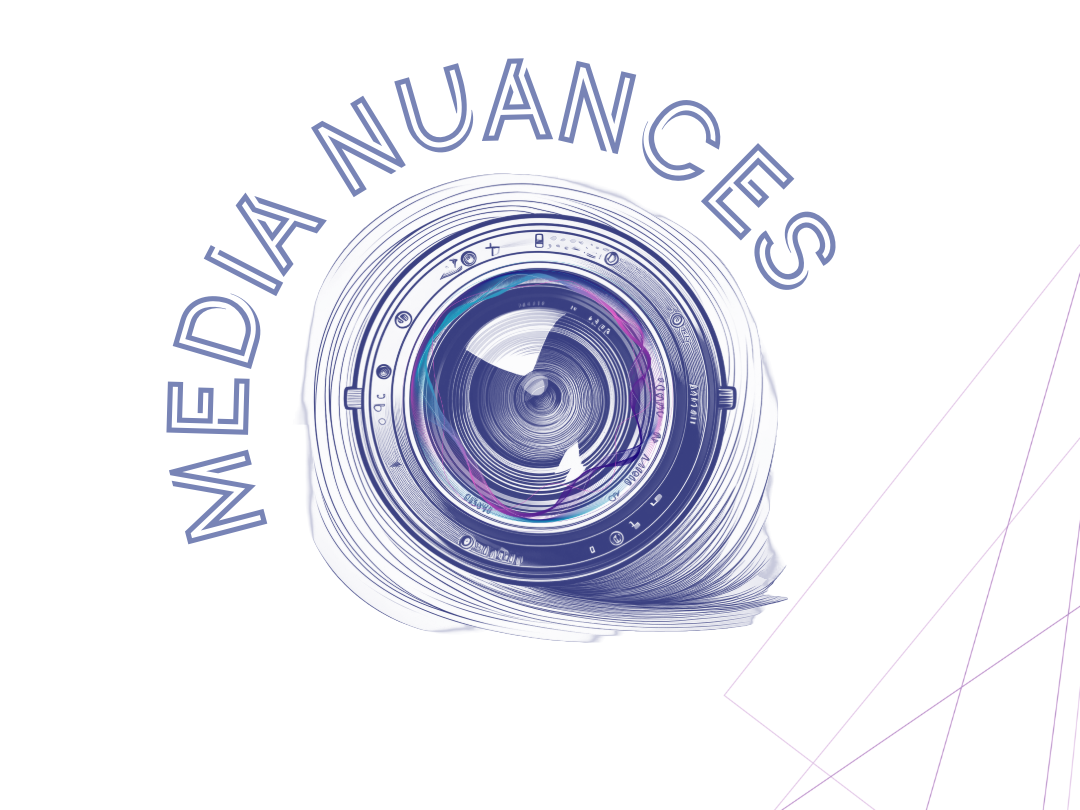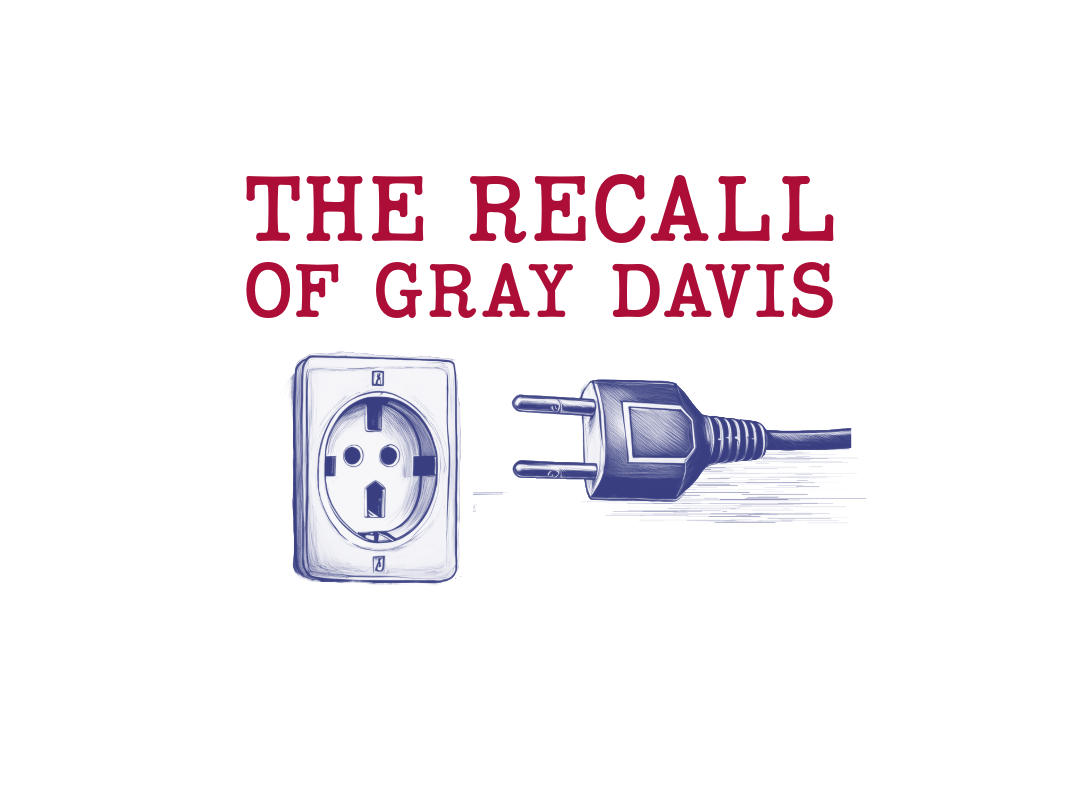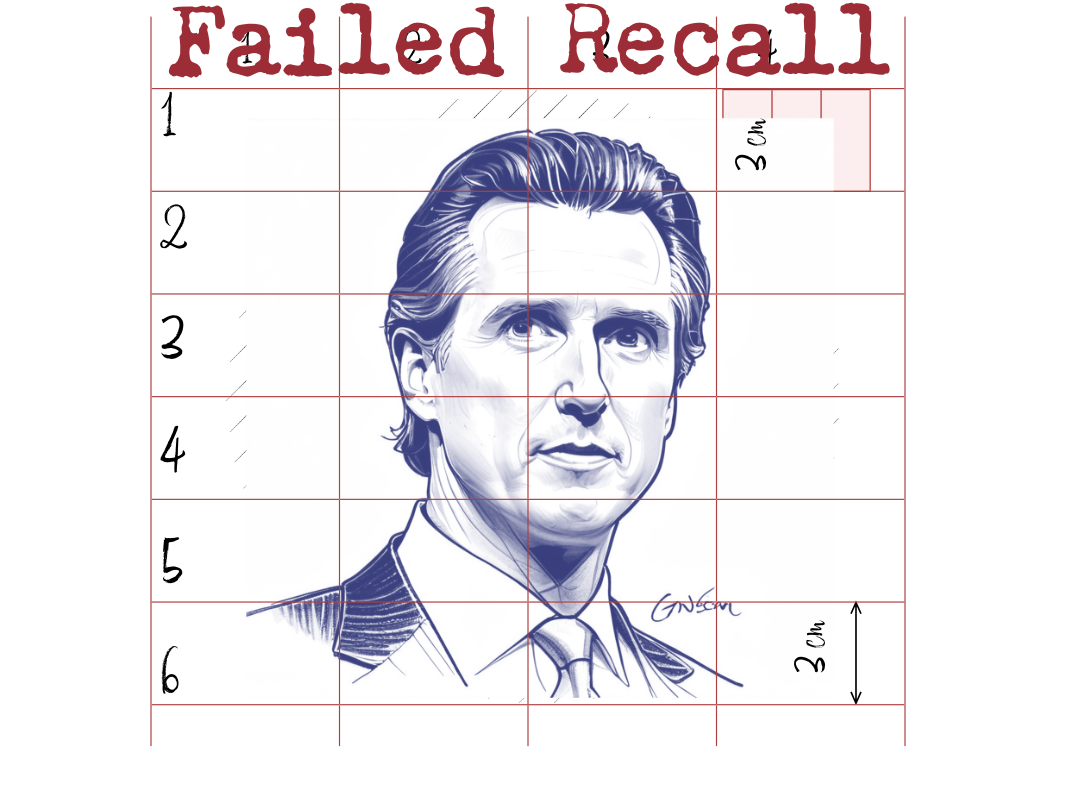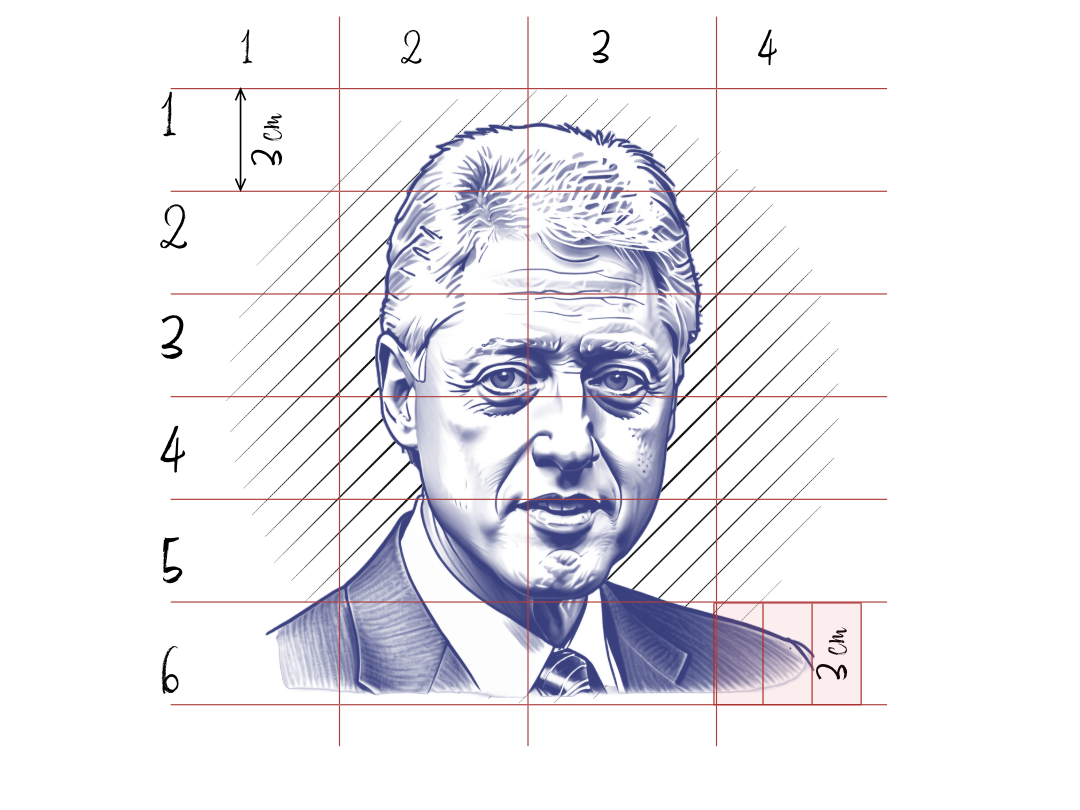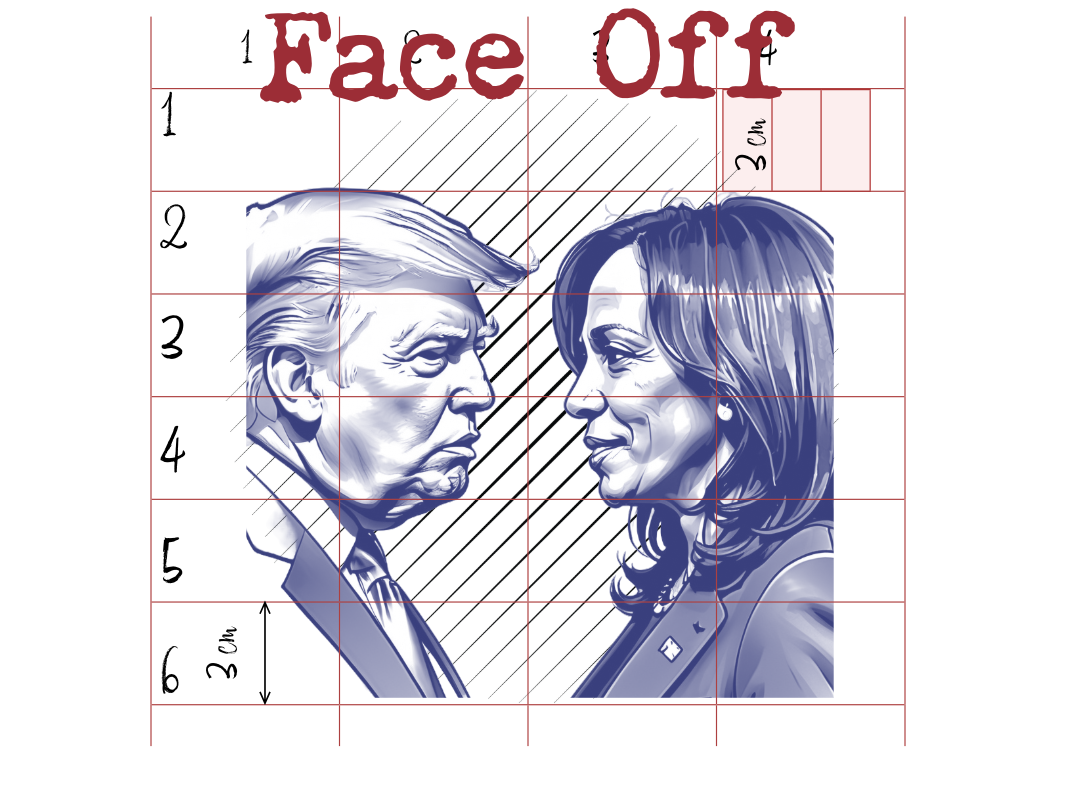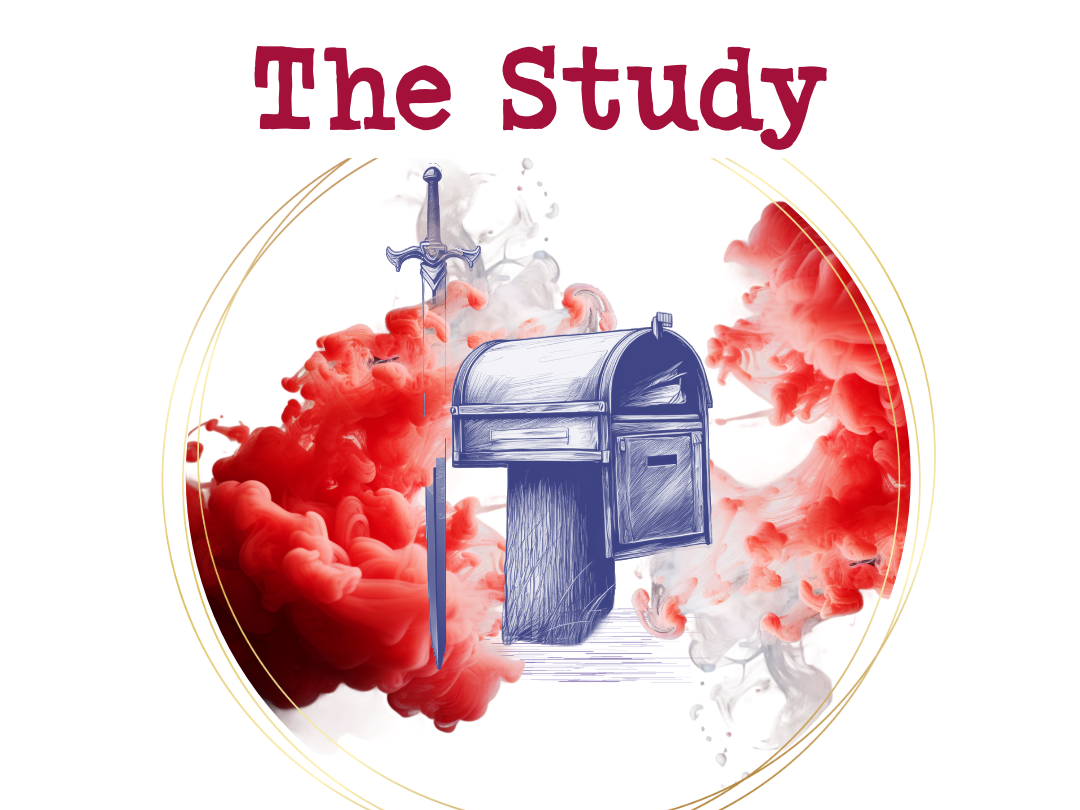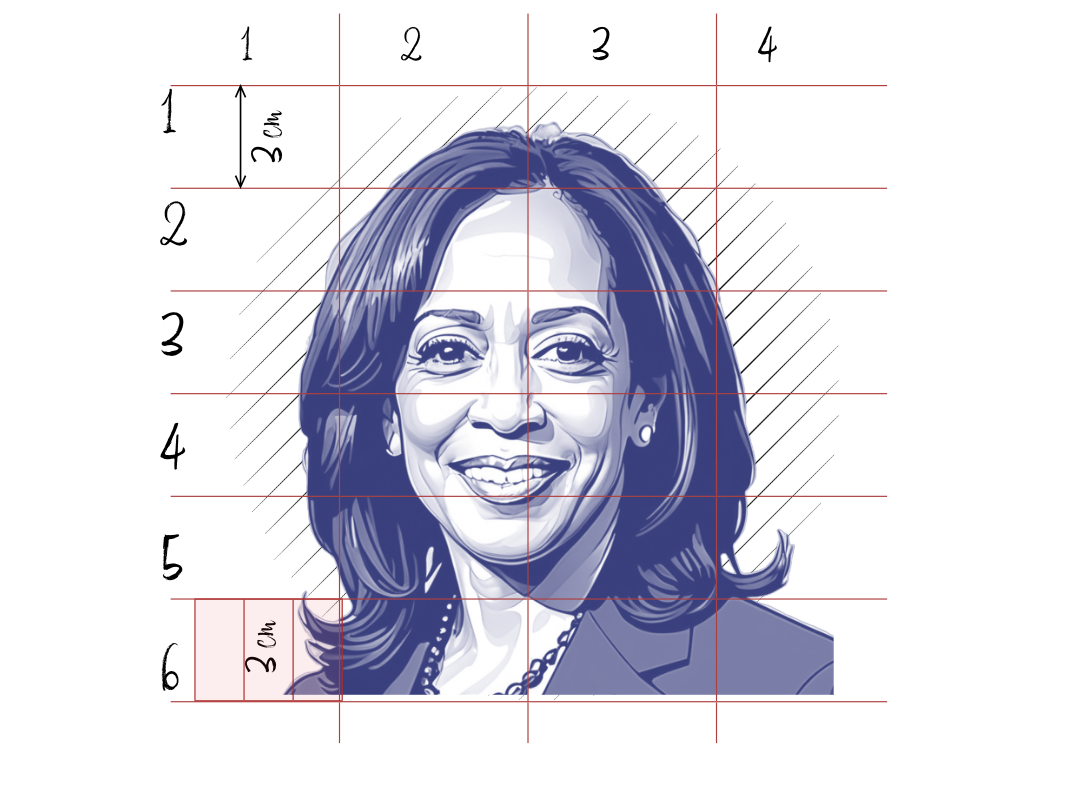Ethical Dilemmas and the Media’s Influence on Public Opinion
December 1, 2024
When President Joe Biden pardoned his son, Hunter Biden, on December 1st 2024, it wasn’t just a legal move—it was a political bombshell. While some cheered for the act of fatherly compassion, others condemned it as a political maneuver aimed at silencing critics and preserving the family’s legacy. But what does this decision really say about the intersection of ethics, politics, psychology, and media influence? Was this pardon an example of family loyalty or an erosion of trust in the justice system? Could it be a sign of political cronyism—one more step in a growing trend of nepotism that seems to define modern politics?
Nepotism and Political Power: Ethical Dilemma or Family Duty?
At the heart of this controversial decision is the concept of nepotism—the preferential treatment of family members for jobs, opportunities, or, in this case, pardons. This decision raises an urgent question: Is it ever truly ethical for a political leader to extend clemency to a close family member, especially when the charges are serious?
Hunter Biden’s convictions—including felony gun charges and a plea of guilty to tax evasion—have been widely debated. Some believe that his punishment was politically motivated, pushed forward by political opponents rather than legal merit. Others argue that the pardon undermines fairness and equal treatment under the law, potentially signaling the dangerous normalization of nepotism in politics. Can a leader act impartially when their family is involved? Is there a difference between personal loyalty and political obligation?
The Psychological Pressure: How Public Scrutiny Shapes Decisions
Let’s talk about the psychological forces at play. President Biden’s decision to pardon his son didn’t happen in a vacuum. In the world of high-stakes politics, the pressure to make decisions—especially when your family is involved—is immense. But was this pardon driven by genuine compassion or by the political vendetta Biden claims was behind Hunter’s prosecution?
Psychologists argue that when leaders are under intense scrutiny, particularly from political adversaries, they may act out of a desire to protect their family and legacy, rather than solely for ethical or legal reasons. Could Biden have been swayed by a mix of personal and political considerations? And if so, what does this mean for how we perceive the integrity of political decisions made under duress?
The Role of Media: How the Narrative Shapes Public Opinion
The media plays an undeniable role in shaping public opinion—especially in politically charged events like this. Framing theory tells us that how the media presents a story influences how people interpret it. When it comes to Hunter Biden’s pardon, some outlets have framed it as an act of compassion, while others have cast it as an example of political corruption and nepotism.
From CNN’s framing of the pardon as a political necessity to more critical voices on platforms like Fox News, the way the media chooses to present this event influences public perception. And let’s not forget the power of social media platforms like X (formerly known as Twitter) and Bluesky, where politically charged reactions reveal how polarized public opinion is on this issue. Will this pardon strengthen Biden’s political base, or will it further fuel the fire of political cynicism and mistrust?
What Does This Mean for Future Political Pardons?
As we examine the ripple effects of this pardon, it’s crucial to consider its long-term implications. Could this decision create a dangerous precedent for future administrations, encouraging further political favoritism and family entanglements in the legal and political process?
If the public begins to see political pardons as mere tools to protect the powerful and their families, will trust in the justice system continue to erode? And what does this mean for the future of public trust in American politics?
The Trump Factor: What Could This Mean for Future Reforms?
As President-elect Donald Trump embarks on his plans for government reform, will the lessons from Biden’s pardon shape his approach? Could this move solidify the growing sentiment that nepotism in politics is a danger to democracy, or will it spur a backlash that forces more stringent policies on executive clemency and family involvement in politics?
The interplay of political power, media influence, and ethical considerations could not be more evident than in Biden’s decision to pardon Hunter. Is this just the tip of the iceberg? Are we witnessing the beginning of a new political era where family loyalty trumps the rule of law?
To explore the full analysis of Biden’s pardon, its psychological and media-driven impacts, and the long-term consequences for public trust and political strategy, read the complete research. Understand the ethical dilemmas, cognitive biases, and media framing techniques that make this case so significant—and what it means for the future of American politics.
Copyright Notice & Intellectual Property Rights
This article is the intellectual property of Vesselina Davenport and is protected by copyright law. All content, including text, analysis, and multimedia, is owned by the author unless otherwise indicated. Unauthorized reproduction, distribution, or transmission of any portion of this article is strictly prohibited without prior written consent from the author, except in cases of non-commercial use permitted under fair use provisions.
Citations and Sources
This article incorporates references from publicly accessible information, academic research, and primary sources to provide a comprehensive and balanced perspective on a political event, connected to the Presidential pardon of Hunter Biden. Key references include:
- Berman, D. (n.d.). Clemency: How presidential pardons work and their implications. Ohio State University.
- Brennan, G., & Lomasky, L. (1983). Democracy and deliberation: A philosophical approach to democratic theory. Cambridge University Press.
- Corkindale, G. (2007, September 4). Nepotism: The unspoken rules. Harvard Business Review. Retrieved from https://hbr.org/2007/09/nepotism-the-unspoken-rules
- Fitzgerald, P., & Wurman, I. (2007, August 9). Trouble followed three of Clinton’s ‘midnight pardons’. The Hill. Retrieved from https://thehill.com/homenews/administration/8272-trouble-followed-three-of-clintons-midnight-pardons/
Complete citations are available in the full research document for detailed verification. If you reference this article, kindly attribute it to the original author and link back to the full content.
Fair Use Disclaimer
Any third-party quotes, excerpts, or materials included in this article are used for educational and informational purposes under the fair use doctrine. All third-party content remains the property of its respective copyright holders.
Permission for Reuse
Portions of this article may be shared or quoted with appropriate credit to the author and a link to the original content. Any commercial use or modifications require prior written consent from the author.
Article Updates
This article may be periodically revised. Updates or modifications will be reflected on this page. Please check back to access the most current version.
All Rights Reserved | Vesselina Davenport | 2024
